Whether you're a baking beginner or a seasoned pro in the kitchen, these are some common baking mistakes you might be making — plus some tips on how to improve!
There's no doubt about it — baking can be tricky.
There are just so many skills and techniques that you have to learn, and it can easily get overwhelming. And that's not to mention the importance of learning all the baking science that's going on behind the scenes!
Over the years, I have made lots of mistakes when baking, but I've learned and grown over time. So, in the hopes of helping you become a better baker, today I wanted to share some common baking mistakes that I see all the time (and that I have personally made over the years).
Trust me: with a few tricks up your sleeve, you'll be baking like a seasoned pastry chef in no time.
1. Not Measuring Your Ingredients Correctly
When it comes down to it, baking is not very forgiving.
If you accidentally add an extra ⅓ cup of flour into your cake batter, your cake might be crumbly and taste like a brick. Yuck.
That's why it's so important to measure all of your ingredients correctly!
For instance, when you're measuring flour, it's best to use the spoon & level method. Instead of scooping the flour directly out of the bag of flour, take a scoop and gently add flour into your measuring cup. Once the measuring cup is full, use a knife to gently level it off before adding the flour to your recipe.
So, if you're unsure how to properly measure an ingredient, do some research before making the entire recipe.
2. Substituting Ingredients
We've all been there: it's Saturday night and you're craving chocolate chip cookies, so you grab out all your ingredients... only to realize you don't have eggs.
You quickly search for 'egg replacement' on Google, hastily whip together the dough, and bake the cookies, only to have them come out flat and dense.
That's why it's important not to substitute ingredients! When people create recipes, they test them and perfect them using the ingredients they have listed. You're never guaranteed success with a recipe if you start going rogue with the ingredients.
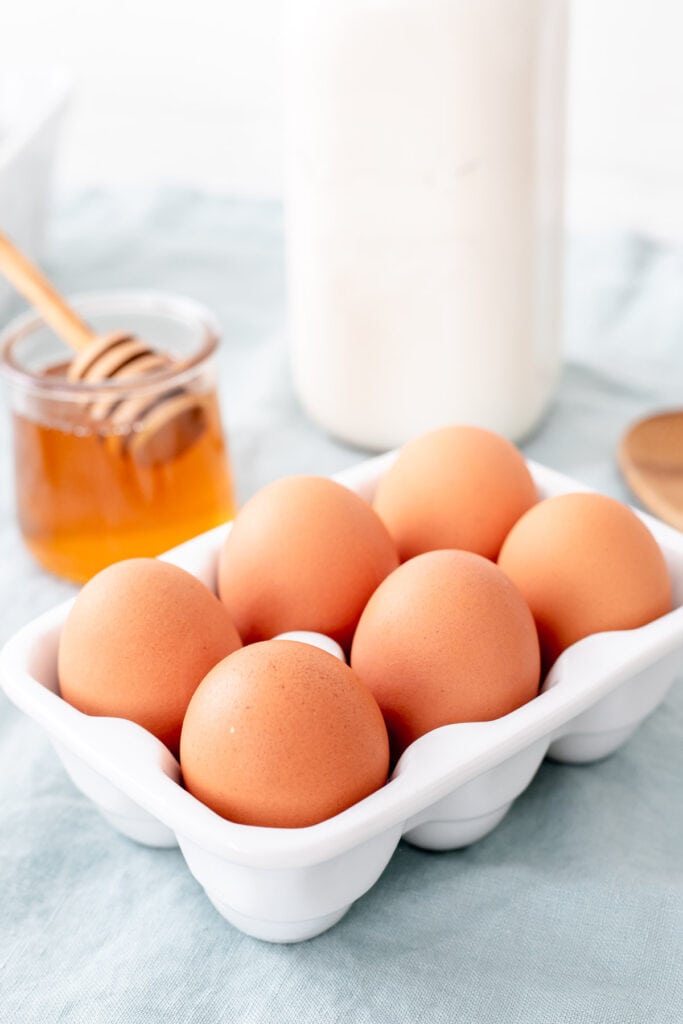
3. Overmixing the Batter or Dough
You've probably seen it before on a recipe — 'mix until just combined' or 'be careful not to overmix.' But why does that instruction really matter?
When you're making baked goods like cookies or cakes, mixing flour with liquids helps create the gluten structure that we all know and love. But, overmixing can lead to the development of too much gluten, making the end result tough and chewy.
So, as a general rule of thumb, if a recipe warns you not to overmix, make sure to mix only until there are no more visible streaks of flour or dry ingredients.
If you're interested in learning more, this article breaks this entire topic down in detail and offers mixing advice for specific types of baked goods.
4. Not Scraping the Bowl
As a rule of thumb, I like to scrape my mixing bowl well after adding any new ingredients. This helps create a homogenous mixture and helps prevent any large clumps or butter or flour.
And when it comes to scraping, I always opt for silicone spatulas — they're really lightweight and pliable, which helps you get to all the corners and crevices of your mixing bowl.
Curious to learn more about how important scraping the bowl is? King Arthur Flour did some experiments with cookies and cakes to find out.
5. Not Chilling Your Dough
If a recipe tells you to chill the dough for a certain amount of time, it's for a reason!
For instance, chilling cookie dough before baking has numerous impacts, such as:
- It keeps the cookies from spreading too much in the oven.
- It helps concentrate the flavor.
- It helps the gluten relax, which leads to soft and tender cookies.
So, make sure to read ahead and give yourself enough time to properly chill your dough! If you're up for it, you can even make the dough ahead of time to set yourself up for success the next day.
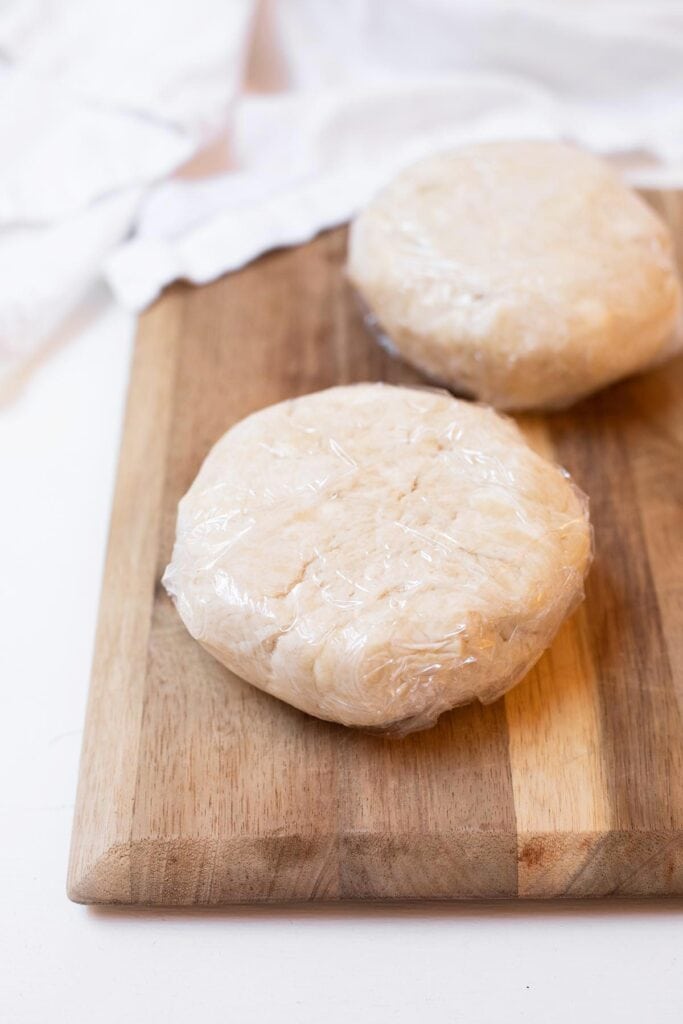
6. Not Greasing Your Pans Properly
Is there anything worse than taking freshly-baked cookies out of the oven only to realize they're stuck to the baking sheet?
Luckily, there are several different ways you can grease your pans! Here are a few options:
- With nonstick cooking spray
- With butter and a sprinkling of flour or sugar
- With parchment paper or foil
And when it comes down to it, certain types of baked goods do better with each of these options. So if you're not sure, do your research ahead of time and get those pans ready for the oven!
7. Baking at the Wrong Temperature
You always want to make sure your oven is fully preheated before putting in whatever you're baking. If your oven is not quite at the right temperature, it can alter the cooking time and texture of the baked good.
And even more, your oven temperature might not be as accurate as you think.
Want to test the oven temperature out for yourself? Invest in a handy-dandy oven thermometer and check the temperature. I promise it will make baking that much easier for you!
8. Opening the Oven Door Too Early
Especially when making certain baked goods like cakes, opening the oven door too early can have detrimental effects.
Opening the oven door too early lets in a lot of air, which can cause items like cakes to collapse. This is especially important for cakes like a génoise sponge that get their rise from aeration instead of chemical leaveners.
9. Not Knowing When Baked Goods are Ready
As much as we wish we could have a spidey sense to tell when baked goods are done, it's oftentimes a bit more difficult than that. (Or, if you're Peter from the Great British Bake Off, you can just tell by listening to your cakes.)
Each type of baked good has a different set of parameters for testing for doneness, so it's definitely worth it to do a bit of research and learn what to look for.
Interested in learning more? Check out my tips on how to test if a cake is done!
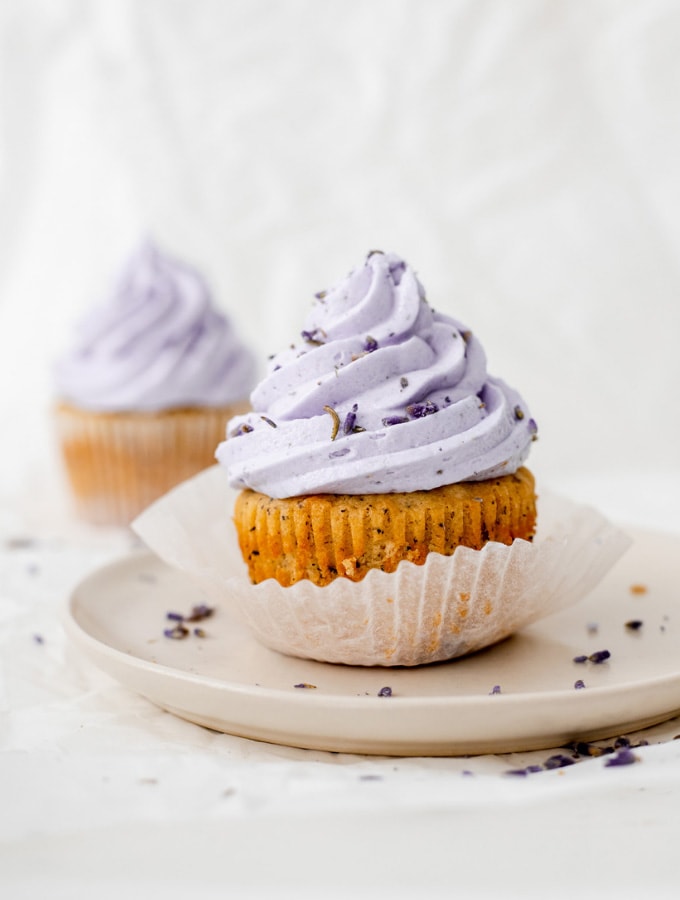
10. Not Letting Cakes Cool Before Frosting
I know it can be really tempting to frost your cake as soon as it comes out of the oven, but it's really important to wait!
Frosting applied to warm cake will inevitably melt, and it can even pull up crumbs from the tender and soft cake.
Want to speed up the process? Let the cake layers cool on wire racks for a half hour or so, then transfer them to the fridge to cool completely. You can even bake cake layers a few days ahead of time to space out the work.
11. Not Freezing Your Leftovers
Between baking for fun and testing recipes for my blog, I always find myself with way too many desserts in the house. Especially for just me and my husband.
But that's where freezing comes in handy!
You can actually freeze most baked goods (oftentimes baked or unbaked), and they will usually last for a couple of months. To learn more, make sure to check out my Ultimate Guide to Freezing Baked Goods.
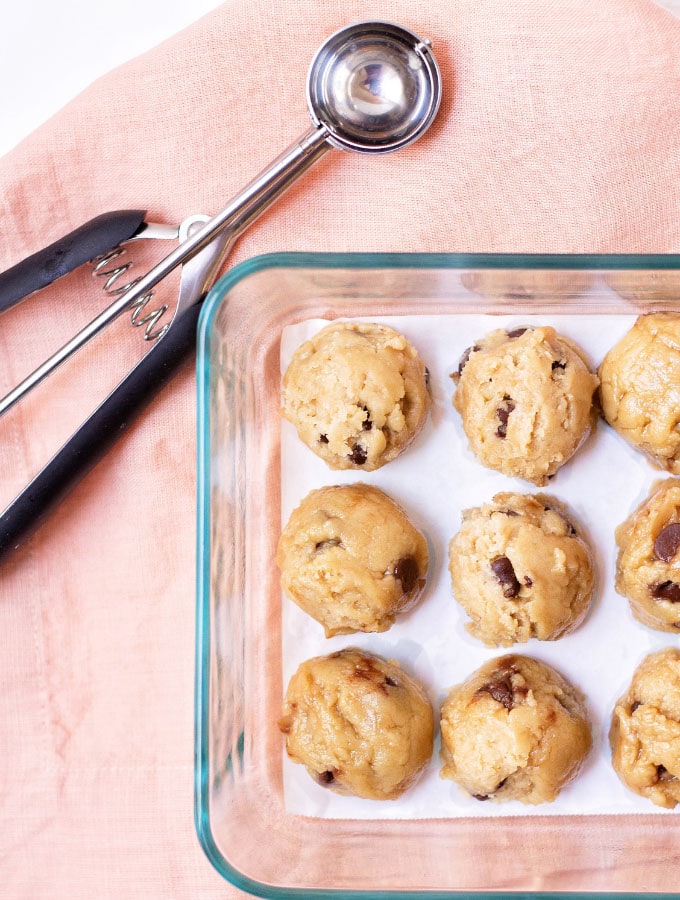
How About You?
I'd love to know—what are some common baking mistakes you've made in the past? Let me know in the comments below!


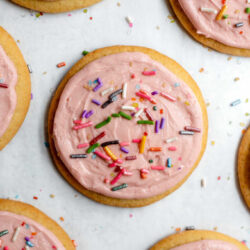
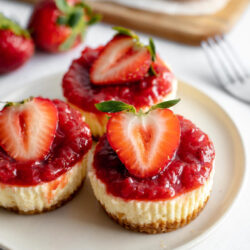
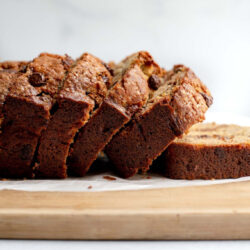

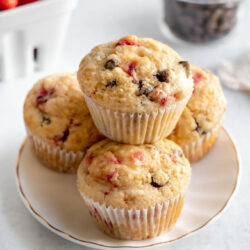
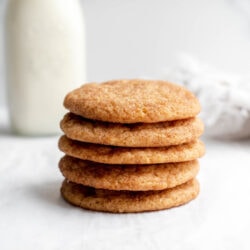
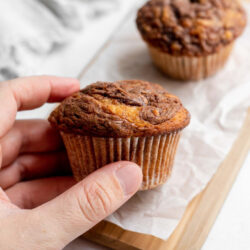
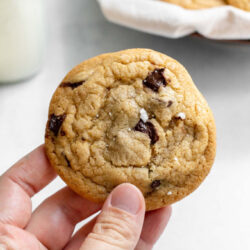
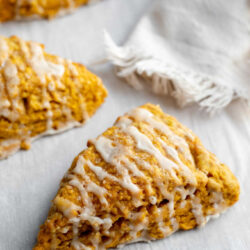
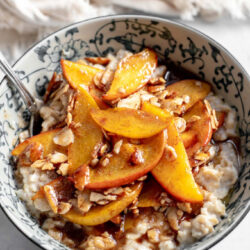

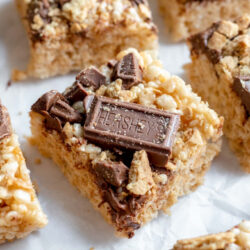
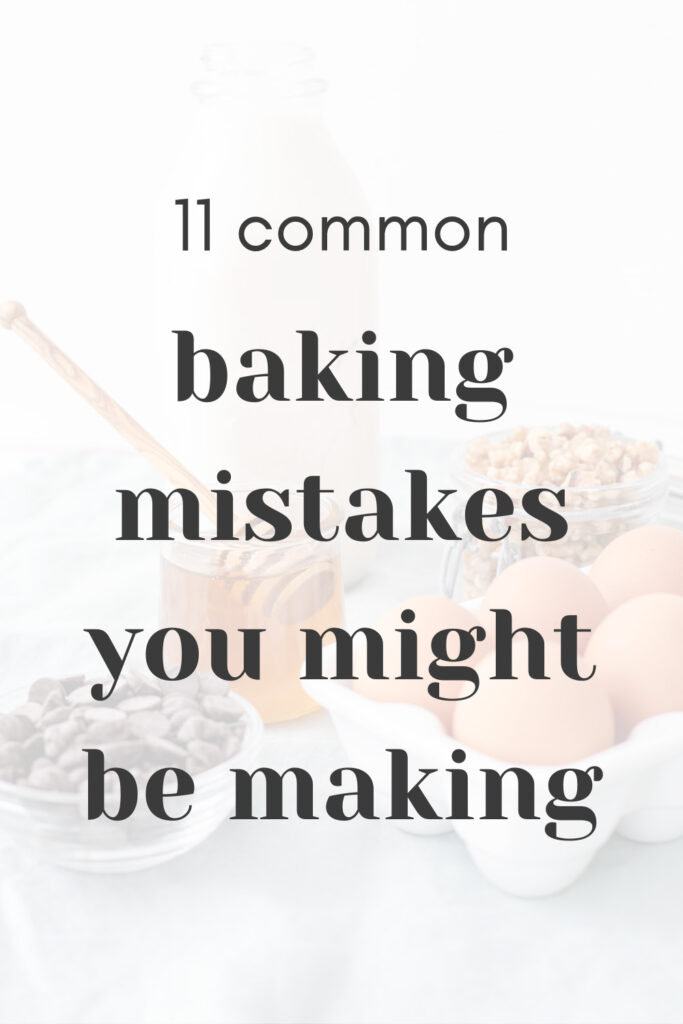
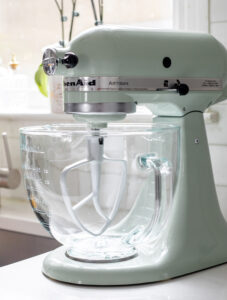
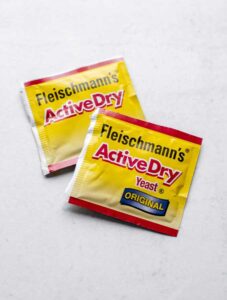
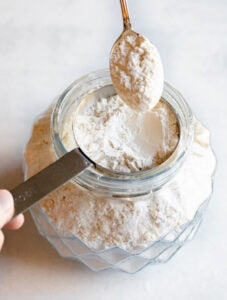
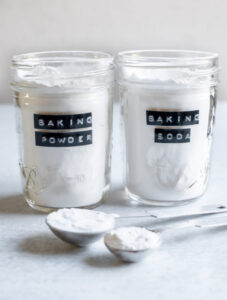


I also measure out (weigh) my finished dough to portion properly.
That's such a great tip, Michael! I love weighing out dough or batter to be as precise as possible. I find this especially helpful when portioning out bread.
I made a mistake yesterday of using way too much espresso powder in a cake. I always add a bit of espresso powder in chocolate cakes/cookies, but this time i grabbed the espresso powder and added 100 mg, when it should have been 100 mg cocoa. For a cake this size, I usually add about 3TB of espresso powder. I was using a 10x2 round pan at about 315 degrees, and I did the research and estimated it to need 65 - 75 minutes to bake. That 10x2 cake was done in 35 minutes. I'm going to make a chocolate ganache to give it that necessary sweetness and chocolate hit. The highly acidic ingredient made the cake bake very fast and gave it a very crumbly texture, i.e., the science of baking. The chocolate ganache will work perfectly. Chocolate to the rescue!
Oh, no! I've definitely made mistakes like that before. 😂 Adding in the chocolate ganache sounds like a great fix!
This is such a great overview! I have definitely made of few of these.
I'm glad you enjoyed the post, Jeremy!
I think tip no. 12 is one I'm going to have to start. Like you, I love to bake, but with my 'kids' only at home sporadically, it's left to me to eat it all. And I have little self control!
Oh man, I know what you mean! When I'm baking all the time, it's so tempting to eat all the leftovers. That's when freezing really comes in handy. 🙂